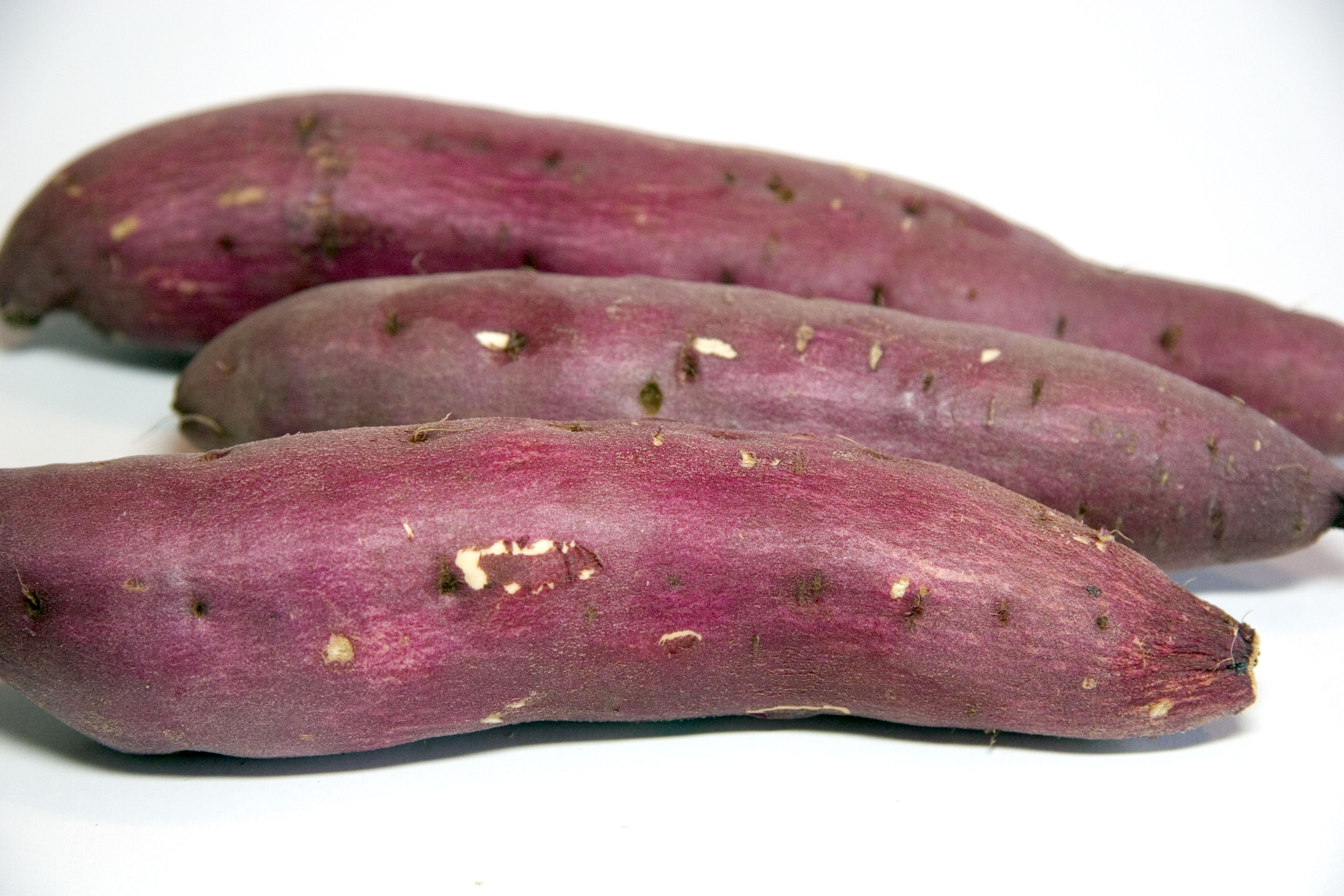The Chemistry of Thanksgiving – 4: How To Make Those Sweet Potatoes Sweet
“The Chemical Keys To Thanksgiving Dinner”
This was a very interesting webinar that I joined in on last week, courtesy of the American Chemical Society’s “Joy of Science” Food Chemistry Series.
The speaker was Dr Harold McGee, scientist and author of a regular column in the New York Times, “The Curious Cook”. You may also know him for his ground breaking book “On Food & Cooking: The Science & Lore of the Kitchen.” He writes a lot about the science of cooking, and in particular, the chemistry behind it, and how seasons marry and interact to produce tender, succulent and flavorful dishes.
I thought it might be fun to throw in some food science in our run-up to the Thanksgiving feast! So I’m going to take each of the main points that he covered in turn.
His Thanksgiving presentation covered a variety of things, including:
- The pros and cons of brining
- The two types of turkey muscle and how to cook them
- The stuffing dilemma
- How heating affects the flavor of your sweet potatoes
- Why traditional persimmon pudding is nearly black, and how to make it persimmon-colored
d
So today’s post discusses what makes your sweet potatoes sweet……
d
d
Sweet Potatoes – Not So Sweet!
Sweet potatoes aren’t sweet to begin with – when raw, they contain mostly starchy fibers, and so at this stage they taste about as good as any other raw potato!
They just need a little help to get sweet, and this happens naturally during the cooking process.
Sweet potatoes contain an enzyme, amylase, that breaks down the starch into sugar at certain temperatures. And this reaction works best when the sweet potato is between 135°F and 170°F. So it follows that the longer you can keep the sweet potato within this temperature range, the more starch can convert to sugar.
So if you like your sweet potato casserole extra sweet, one trick is to bake the sweet potatoes low and slow. Sweet potatoes are done when they’re soft all the way through. Steaming and boiling will cook the sweet potato far too quickly, so avoid these rapid methods if you like them sweet.
I think sweet potatoes are one of my favorite parts of the Thanksgiving meal in this country. I could eat them every day.
d
d
Image credit dantada @morguefile

I might be confusing my potatoes, but I think sweet potatoes also have a lower starch content that causes them to completely fall apart if cooked a bit too much.
Not uch a fan of them myself, but my girl loves them.
Yes, they do have less carbs/higher fiber than regular white potatoes. A little easier on our blood sugar levels for that reason too.
I seem to be the only one in my family who loves sweet potatoes so I no longer cook them. You make me want to try again.
Oh that’s a shame! You deserve a small side of them, just for you! I love them – love even just having a baked sweet potato with cheese for lunch or dinner.